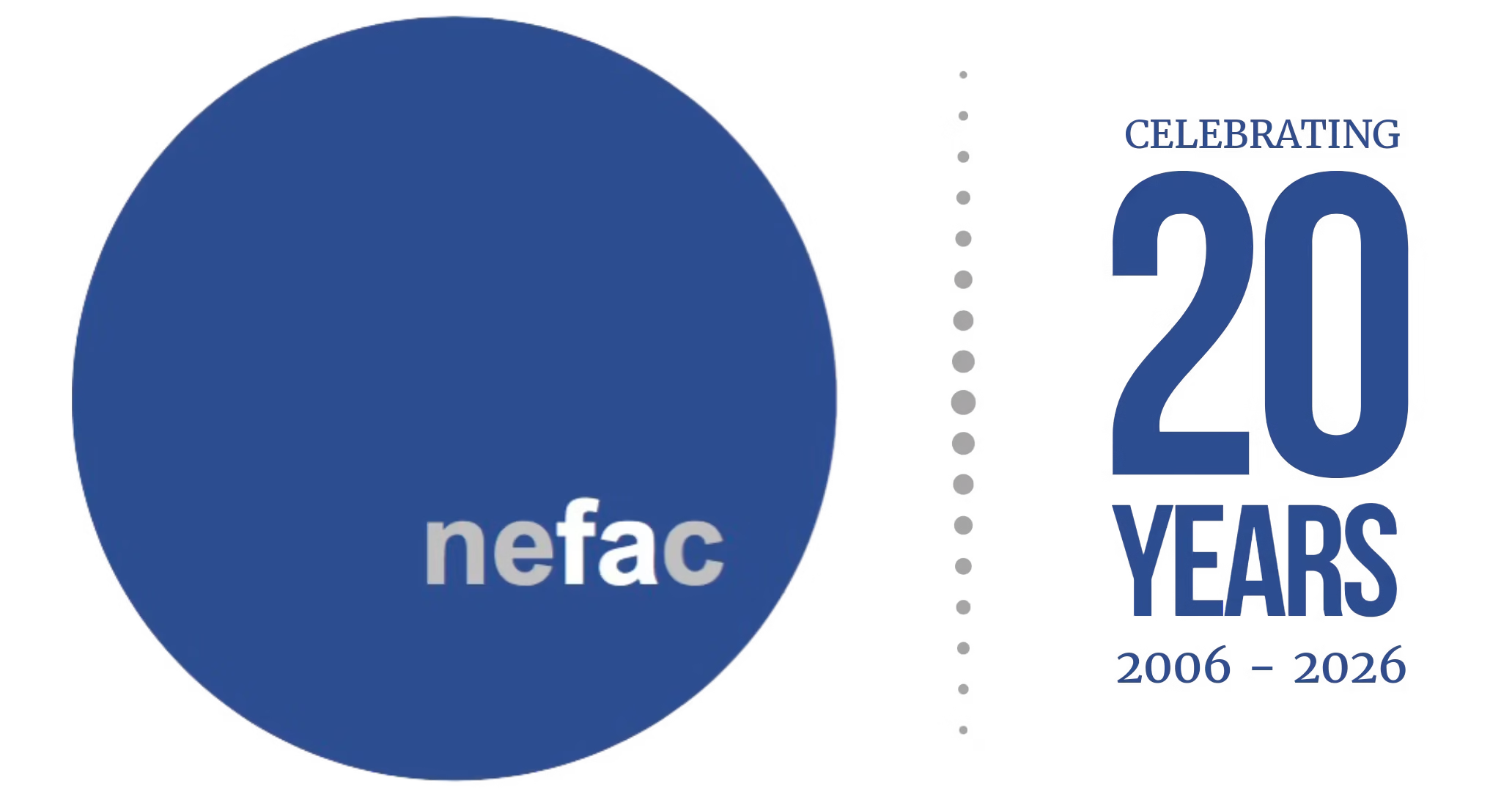
The following blog post is one of several that the New England First Amendment Coalition will publish during Sunshine Week, highlighting the need for government transparency and addressing freedom of information concerns throughout the New England states. When posted, these articles can be read here.
By Lia Ernst | NEFAC, ACLU of Vermont

It’s been an up-and-down year for open government in Vermont.
On one hand, Vermont courts have issued a number of pro-transparency decisions:
Government employees cannot avoid their transparency obligations by performing public business on private accounts and devices (read an amicus brief joined by the New England First Amendment Coalition here).
Agencies cannot refuse to produce data records stored electronically by claiming that querying a database results in the “creation” of a new record, something agencies are not required to do.
The state Superior Court flatly rejected the Office of the Attorney General’s argument that, because its client is the state itself and, by extension, the public interest, all of its records are categorically exempt due to attorneys’ ethical obligation of confidentiality.
In response to a lawsuit filed by the Courthouse News Service, the judiciary issued an emergency order directing clerks to make newly filed lawsuits publicly available immediately, repealing an earlier rule that withheld lawsuits from disclosure until all defendants had been served — which could result in months of delay.
The Attorney General took the step of putting all public records requests the AGO receives online, to mixed reviews.
On the other hand, aided and abetted by the 260-plus exemptions scattered throughout Vermont law, agencies have continued to treat public records requests as problems to be avoided rather than opportunities for civic engagement.
From the University of Vermont to the Burlington Police Department to the Vermont state police, agencies all too often reflexively deny public records requests, requiring an appeal or court decision to force disclosure. And the state judiciary has unveiled a proposal limiting the ability of the public to document court proceedings by audio and video recording.
Looking forward, the Secretary of State’s Office and open government advocates are pushing for multiple reforms to Vermont’s public records law, including:
• Clarifying that agencies may not charge for time associated with complying with a request to inspect records (as distinct from a request for copies of records).
• Creating the position of open government ombudsperson, which would serve as a resource to agencies and requesters and make determinations on contested open meeting violations and public records requests.
• Imposing penalties for certain violations of the public records act.
• Waiving fees when disclosure of the records is in the public interest and the request is for a non-commercial purpose.
Unfortunately, after significant pushback from municipalities and public agencies, the House committee considering these reforms ended up voting out a significantly weaker bill than had been initially proposed. The fight will go on in the Senate. Inevitably, at this moment of focused effort to improve the Public Records Act, we nevertheless see efforts to create yet more exemptions that would further frustrate transparency and accountability.
It thus appears that we can expect more of the same mixed bag in the year to come.
Lia Ernst is a member of NEFAC’s Board of Directors and an attorney at the ACLU of Vermont.
Above photo taken by Flickr user Marc Tomik and used with permission under a CC 2.0 license.
NEFAC was formed in 2006 to advance and protect the Five Freedoms of the First Amendment, including the principle of the public’s right to know. We’re a broad-based organization of people who believe in the power of an informed democratic society. Our members include lawyers, journalists, historians, academics and private citizens.
Our coalition is funded through contributions made by those who value the First Amendment and who strive to keep government accountable. Please make a donation here.
Major Supporters of NEFAC include the Barr Foundation, The Providence Journal Charitable Legacy Fund, The Robertson Foundation, The Boston Globe, WBUR and Boston University.
